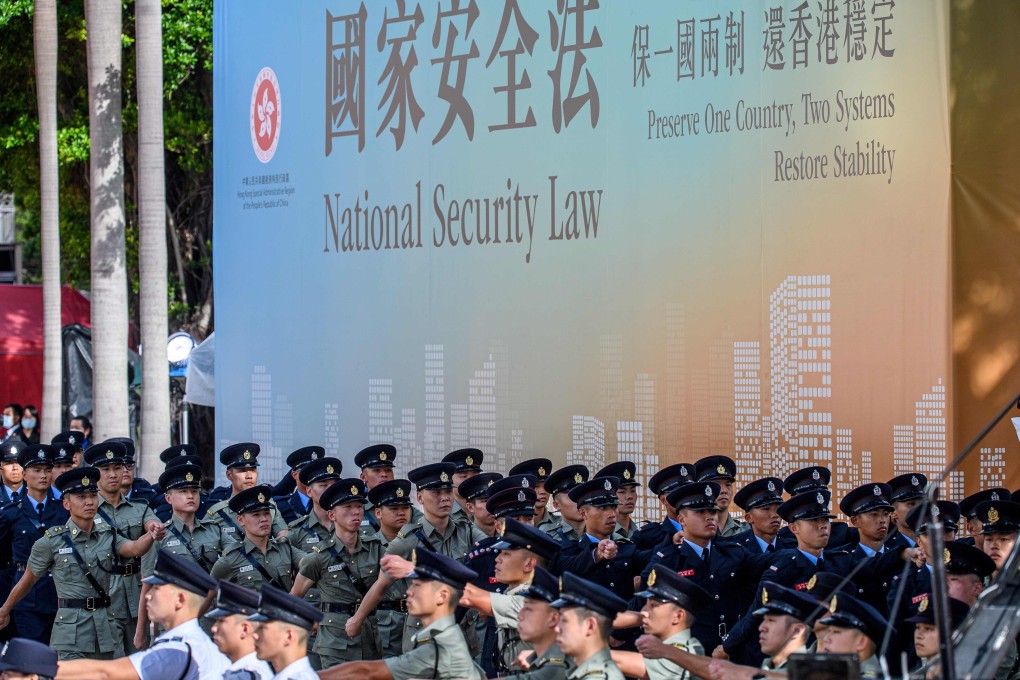Advertisement
Letters | Look to China’s past to grasp Hong Kong’s future under national security law
Reading Time:2 minutes
Why you can trust SCMP
0

Tom Plate’s column last week was an articulate argument for political calm (“Time for Hong Kong’s young anti-Beijing crusaders to stand down”, June 30).
Plate invokes two famous Western political thinkers, Thomas Hobbes and Niccolo Machiavelli. I imagine Hobbes, an authoritarian who had to leave his own country, is perhaps an ironic metaphor for Hong Kong activists who might leave the city.
Machiavelli was banished from Florence by the Medici. The book he is most well-known for, The Prince, is a sort of how-to manual about attaining and keeping power. Unfortunately, demonstrations are not one of the methods described in The Prince.
The Legalist Han Fei seems more appropriate here. According to historian Sima Qian, Han Fei stuttered and did not deliver good speeches. Han Fei wrote about common difficulties of persuasion: “It is not my lack of knowledge that makes speech difficult. It is not a lack of ability to argue that makes it difficult to make myself clear. It is not apprehension that makes me speak with difficulty. On the whole, the difficult thing about persuasion is to know the mind of the listener and be able to adapt one’s speech to that.”
I think if you look back over the past couple of decades, people in Hong Kong have been self-censoring for quite some time. I’d like to adapt a story Han Fei is well-known for – a politician advertises the same piece of land twice. “Land for sale, absolutely free.” “Free land, newly installed police state.”
This parable contradicts the contradiction. It doesn’t solve the problems of exile or banishment, but it solves the problem of extradition.
Advertisement